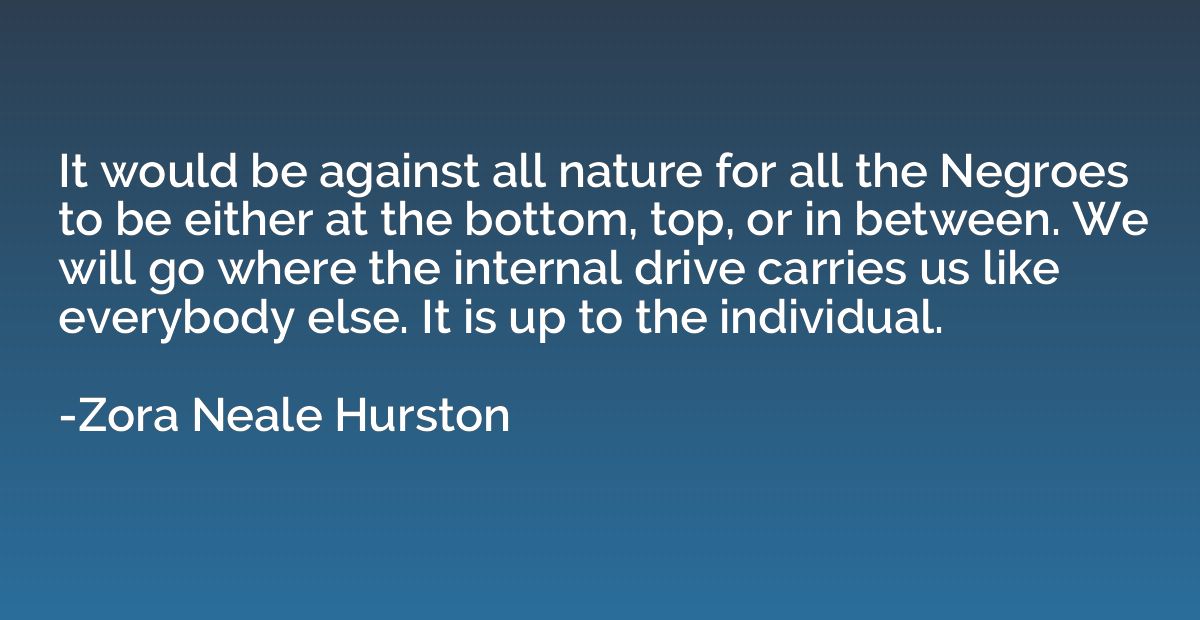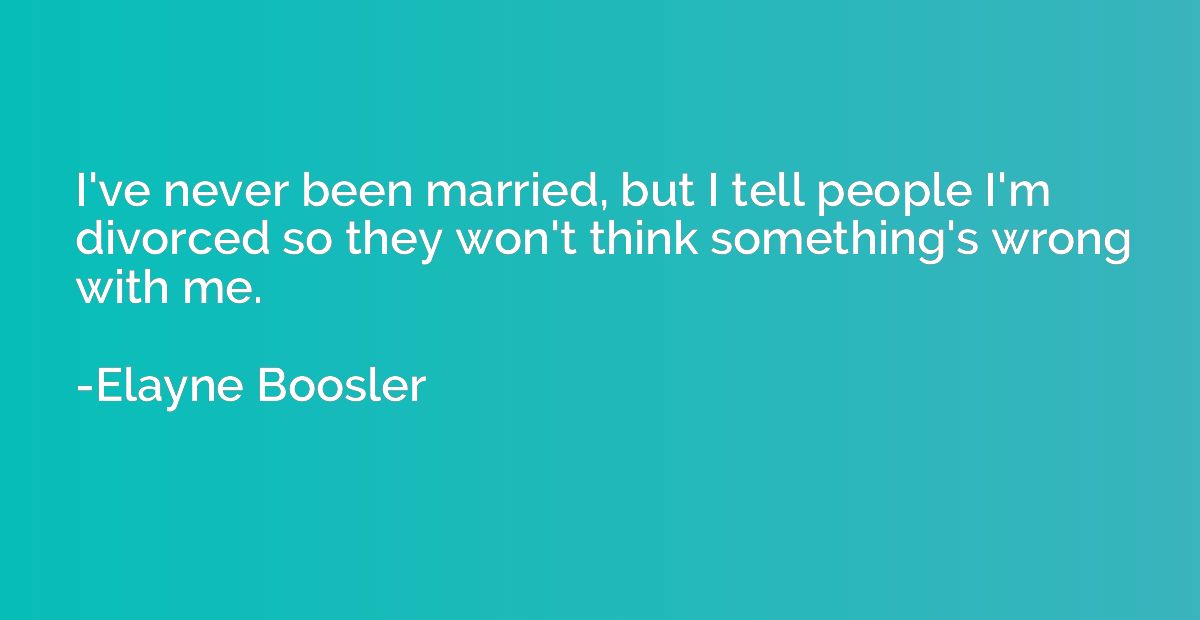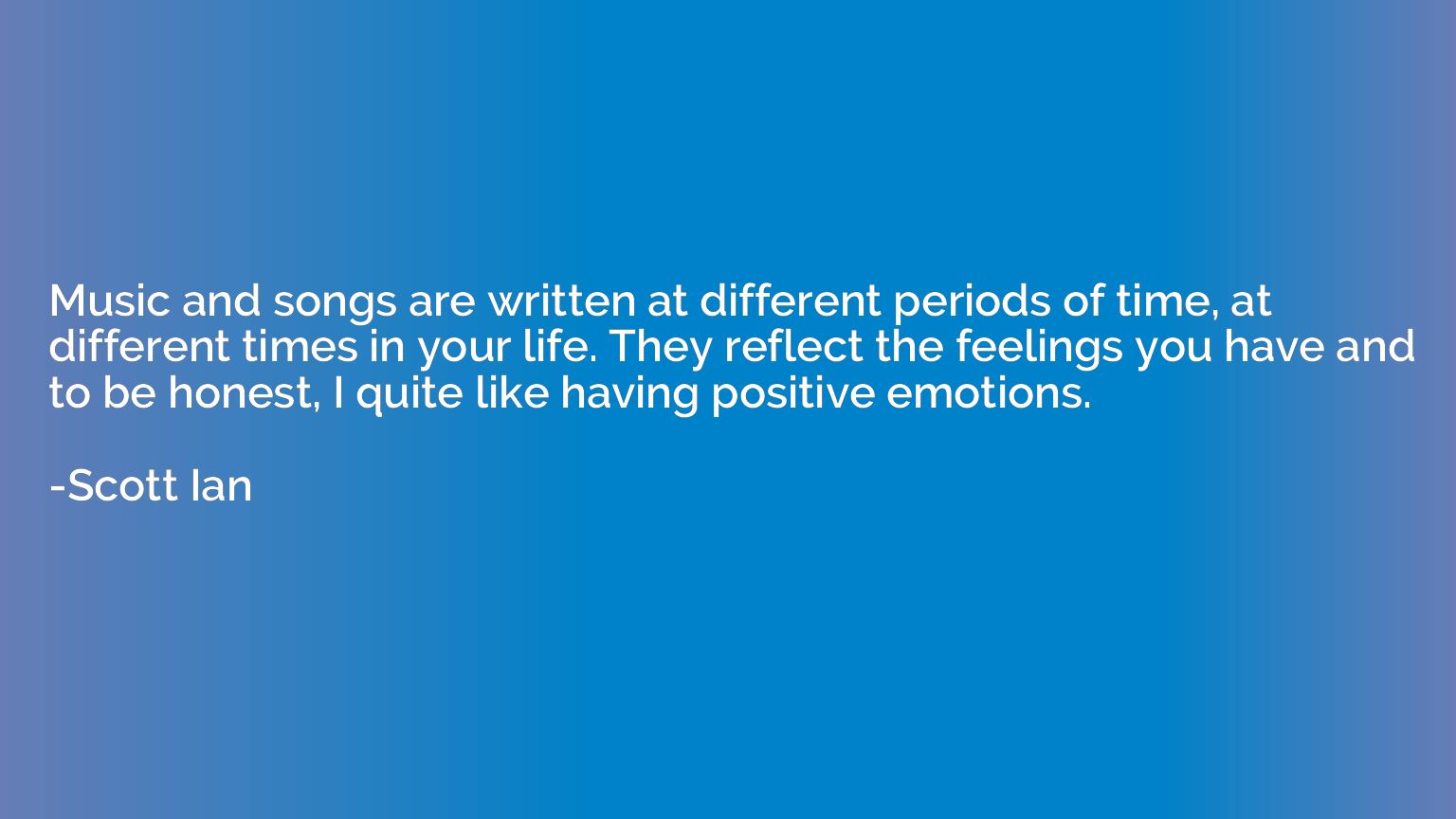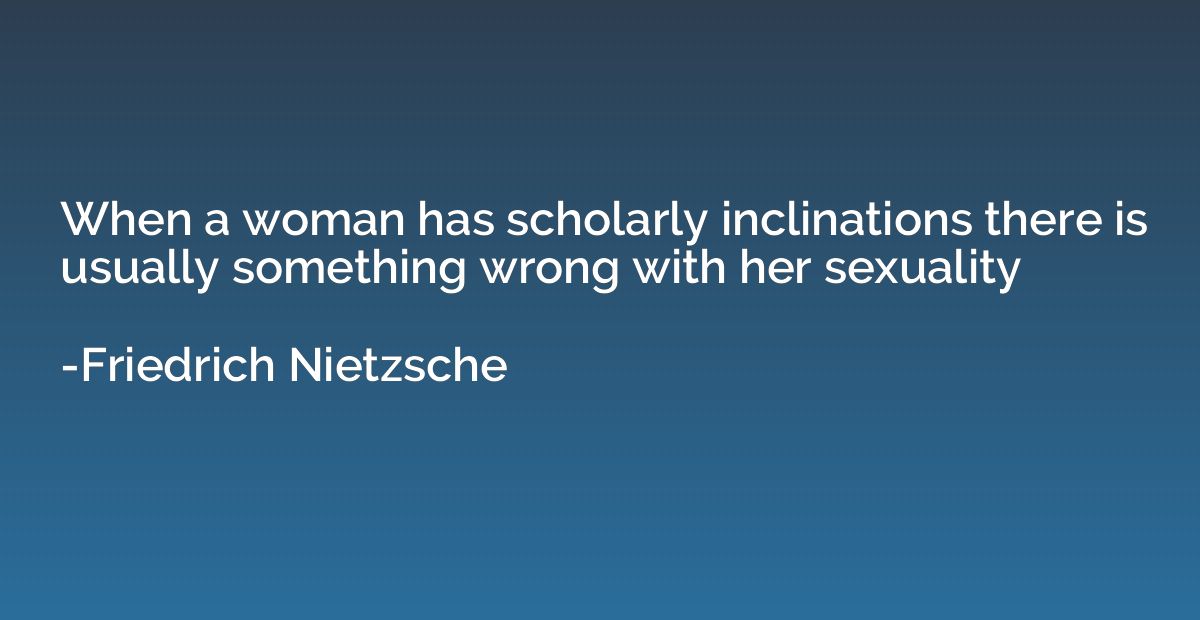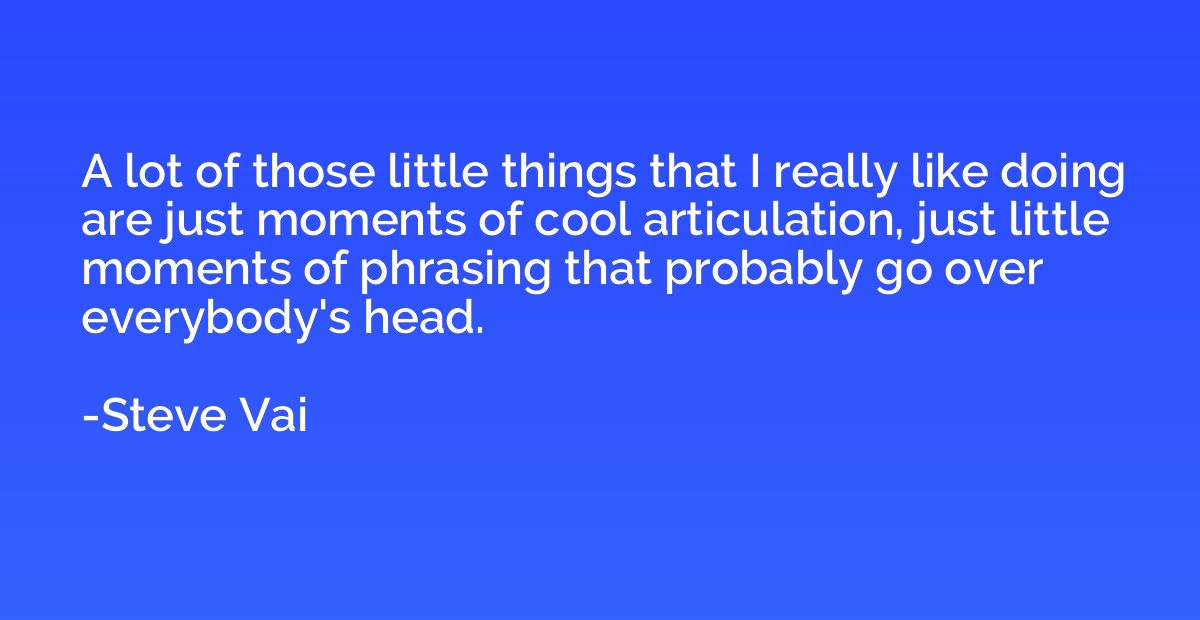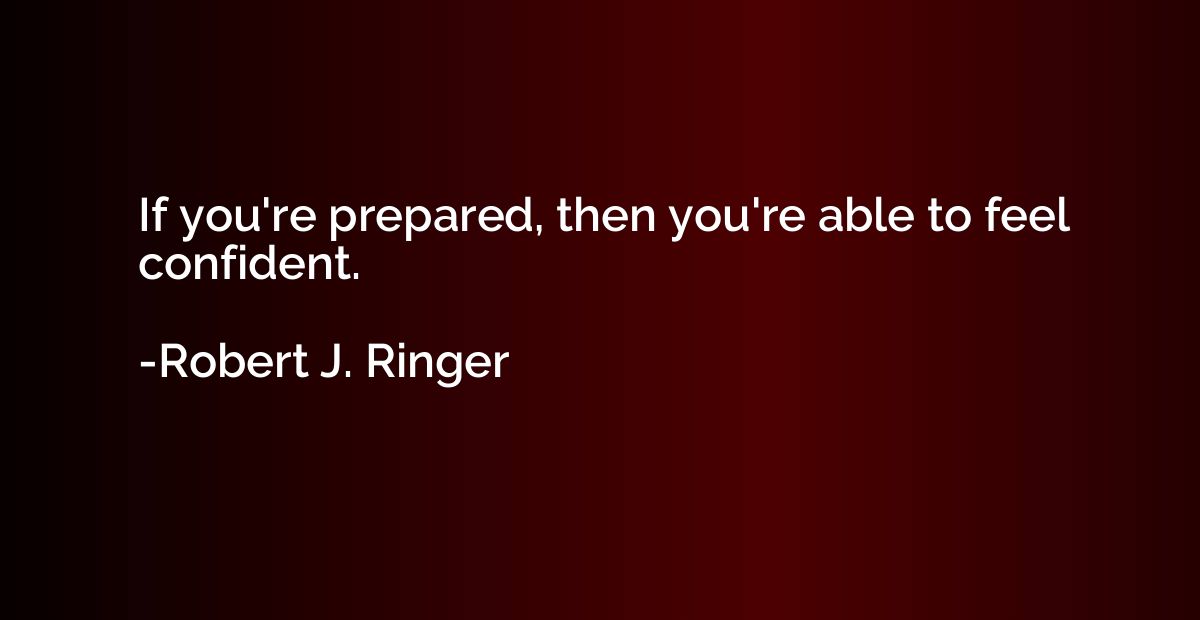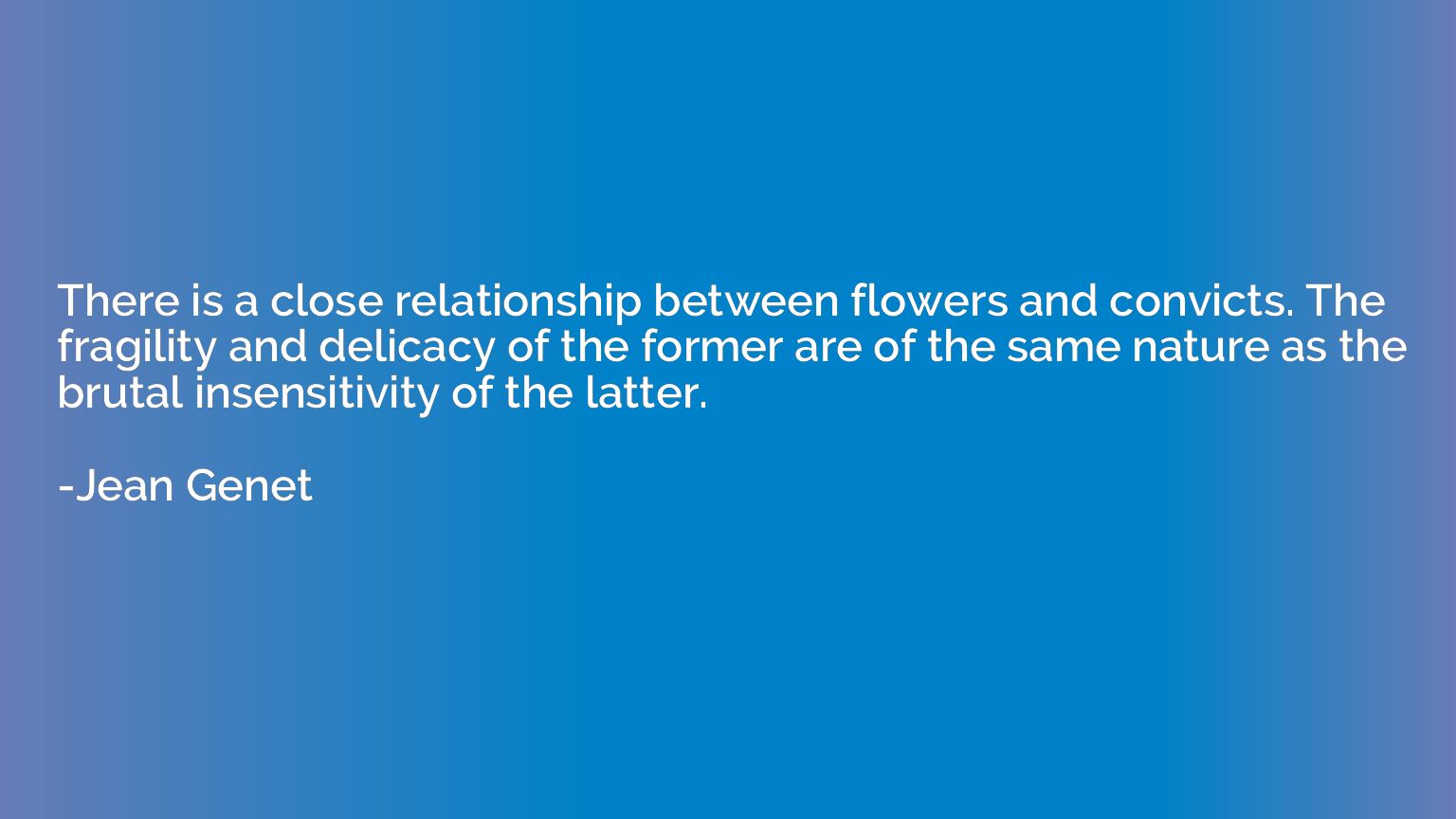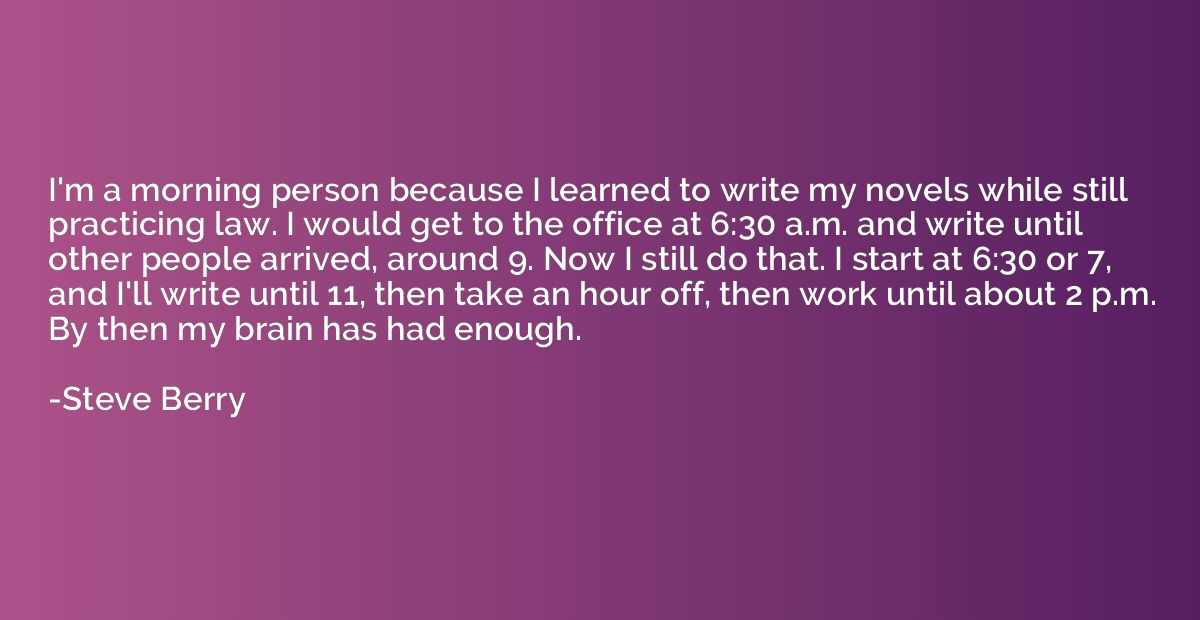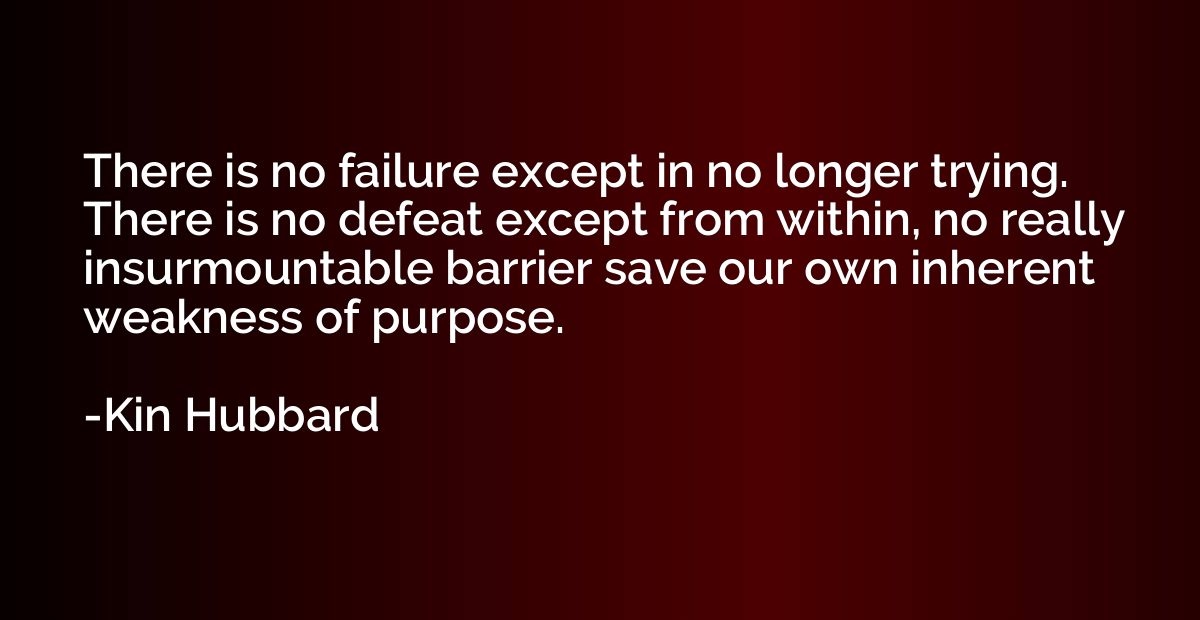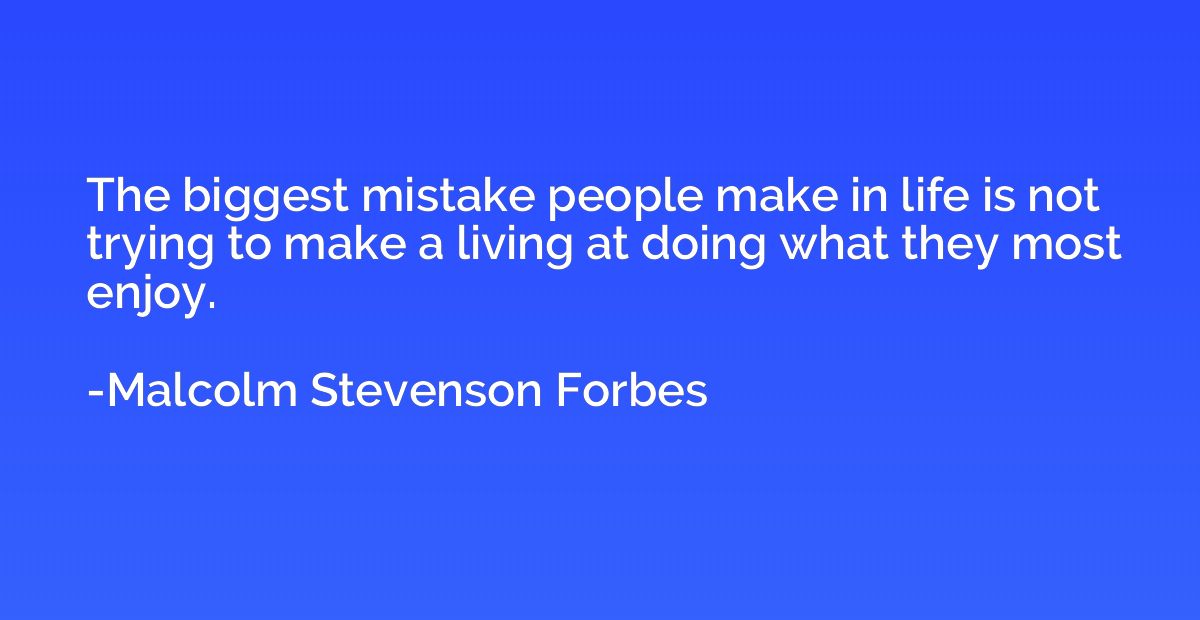Quote by Alice Meynell
If there is a look of human eyes that tells of perpetual loneliness, so there is also the familiar look that is the sign of perpetual crowds.
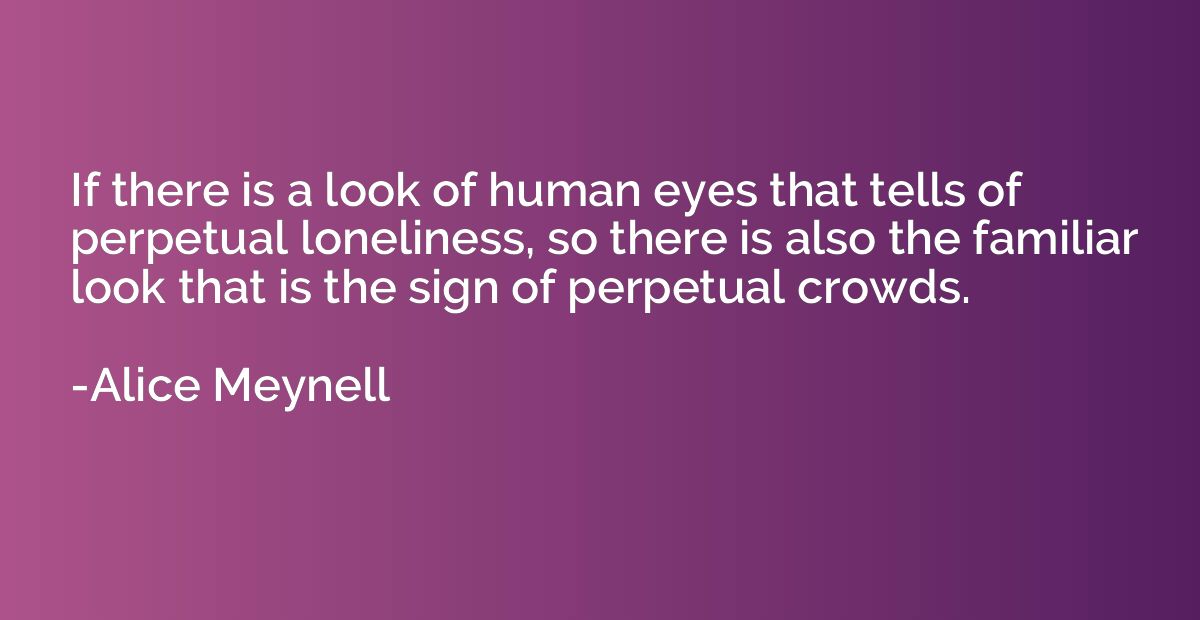
Summary
This quote highlights two contrasting looks that indicate different forms of solitude. The first part refers to the eyes that display perpetual loneliness, relayed through a deep sense of isolation and abandonment. Conversely, the second half depicts a familiar look that indicates perpetual crowds, suggesting that even in the midst of many people, one can still feel a profound sense of loneliness and detachment. The quote emphasizes the diverse ways in which individuals experience and convey feelings of loneliness, despite being surrounded by others.



